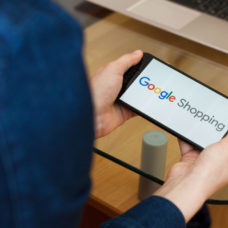The email marketing landscape is currently changing. But how?
The coronavirus pandemic has hit the United States hard in the last month. As a result, several states have put lockdown procedures in place and assured residents that essential services would be available.
Meanwhile, brands are also providing regular updates to their customers on practical matters. These include health and safety, as well as protocols and availability of delivery and other services.
As necessary as it is to stay in touch with your clients right now, sending emails can also backfire.
This is especially true when the message is coming after years of silence — or the email doesn’t serve the customer in any way. Such an action could feel like “jumping on the bandwagon” to customers.
Don’t get us wrong. Jumping on the bandwagon can be useful.
It’s called cultural marketing and can be a powerful tool when used correctly.
However, the current situation has made it necessary for brands to walk a fine line in their marketing endeavor.
You don’t want to look like you’re ignoring the coronavirus pandemic. At the same time, you also don’t want people to think you’re trying to cash in on it.
Yes, it’s a very subtle distinction. However, this has forced a significant shift in email marketing.
Impact of Coronavirus on Email Marketing Landscape
The new coronavirus emails from brands don’t look like marketing at first glance.
That’s because few of these messages outrightly advertise products. For example, companies may not advertise prom dresses right now, even though it’s prom season.
Instead of mentioning products, brands are now focusing on broader email marketing and branding strategies.
Along with providing health and safety information, the emails also brand their parent companies as reliable, sanitary, and ethical. These are descriptors that tend to attract consumers right now.
In a Kantar survey of over 35,000 consumers, 78 percent believe brands should help them in their daily lives during this pandemic.
Seventy-five percent say brands should inform them of what they’re doing. Meanwhile, 74 percent think companies should not exploit the situation.
With that said, a vast number of consumers don’t think brands need to stop advertising during the COVID-19 pandemic. In fact, only 8 percent of consumers said that companies should stop marketing altogether.
Most consumers agree that it’s crucial to use reassuring tone, offer a positive perspective, and communicate brand values in this period.


















Comments (0)
Most Recent